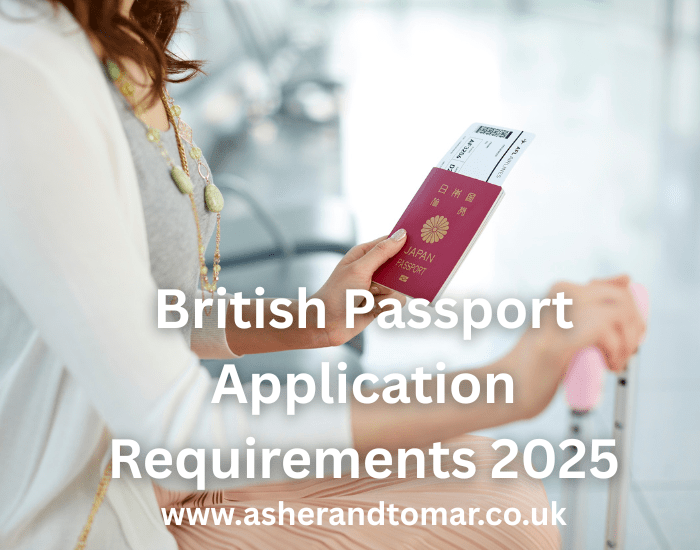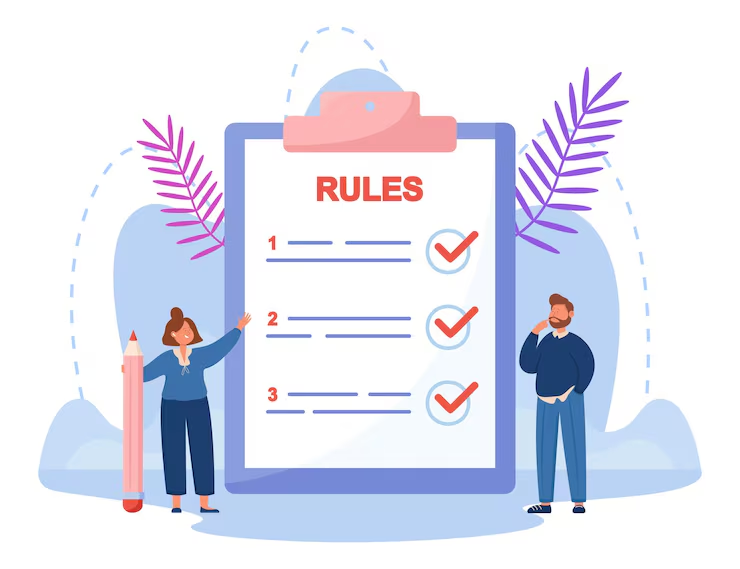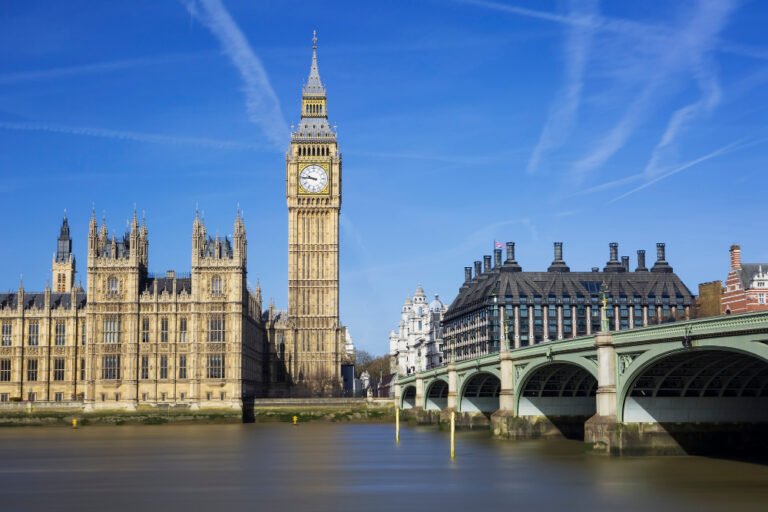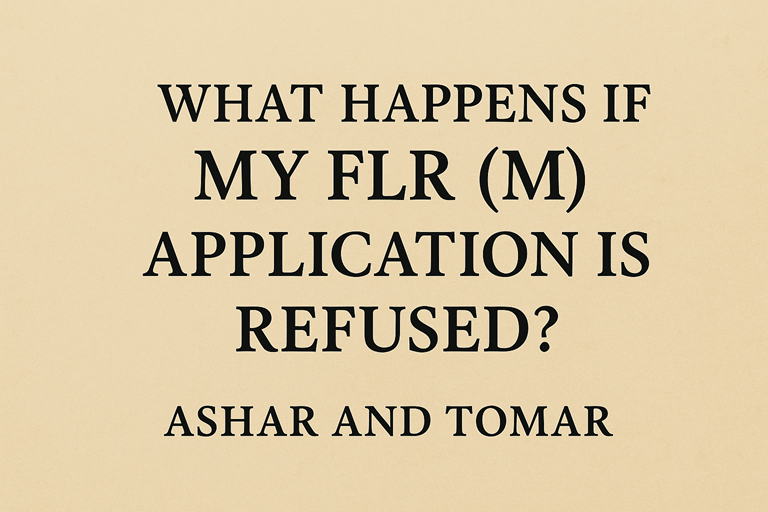UK Visa for Spouse and Child Application Process: A Complete Guide
The UK government provides various immigration routes for family members of British citizens or settled individuals to join their loved ones in the UK. If you are applying for a UK visa for your spouse and child, understanding the process, requirements, and costs is essential. 1. What is a UK Spouse and Child Visa? A UK spouse visa allows a non-UK citizen to join their British or settled partner in the UK. Similarly, a dependent child visa enables children of a UK citizen or resident to live in the country. Both visas fall under the Family Visa category of UK immigration laws. 2. Who is Eligible for a UK Spouse and Child Visa? To qualify for a UK family visa, applicants must meet specific requirements: Spouse Visa Requirements: Child Visa Requirements: 3. Required Documents for UK Spouse and Child Visa To strengthen your application, you need to submit the following documents: For Spouse Visa: For Child Visa: 4. UK Spouse and Child Visa Application Process The application process consists of several steps: Step 1: Check Eligibility Ensure you meet the financial, relationship, and accommodation requirements. Step 2: Gather Required Documents Collect all necessary supporting documents to prove your relationship, financial stability, and accommodation. Step 3: Apply Online Submit an online application via the official UK government website. Select the appropriate visa category: Spouse Visa or Dependent Child Visa. Step 4: Pay the Visa Fees The visa fees vary depending on where you apply from: Step 5: Book a Biometric Appointment After completing the application, book an appointment at a Visa Application Centre (VAC) to provide fingerprints and photographs. Step 6: Attend the Interview (if required) Some applicants may be called for an interview to verify their relationship and intentions. Step 7: Wait for a Decision Processing times vary: 5. What Happens After Visa Approval? Once the visa is granted, the applicant will receive a vignette sticker in their passport. Within 30 days, they must enter the UK and collect their Biometric Residence Permit (BRP) from a designated location. 6. What If My UK Spouse or Child Visa is Refused? If your visa is refused, the UK Home Office will provide a refusal letter explaining the reasons. Depending on the grounds of refusal, you may: 7. Can You Extend or Settle in the UK on a Spouse and Child Visa? Yes, both spouse and child visas can be extended: 8. Tips for a Successful UK Spouse and Child Visa Application








